Global Summit 2021
March 2021
Climate change is on the global agenda like never before. Before the Covid-19 pandemic shook the world, we knew that our ways of doing business were unsustainable but it took society grinding to a halt for us to see how imperative it is for companies to collaborate, innovate and adapt to a more sustainable future.
In March 2021, the Climate Governance Initiative hosted its Global Summit – bringing together business leaders, financial experts and academics to discuss the ways in which company boards can push for climate action. Over the five days, a range of speakers shared ideas for, and experiences in, decarbonising business and the ways in which everyone from non-executive directors, to CEOs, to employees can be engaged in the collective fight against global warming.

Read the session summaries from the Global Summit 2021 as categorised by the World Economic Forum’s principles for effective climate governance:

Climate Accountability
The board should take responsibility for ensuring the company’s long-term resilience to climate risks.

Subject Command
The board should be properly informed about climate-related risks and opportunities and able to make relevant decisions.

Board Structure
The board should implement the right board and committee structures to ensure that climate risks and opportunities are understood, managed and reported.

Materiality Assessment
The board should ensure that management fully identifies climate-related risks in the short, medium and long-term, assess their materiality, and takes appropriate action according to the materiality of the risks.

Strategic Integration
The board should ensure that management factors material climate-related risks and opportunities into the company’s strategy, risk management process and investment decisions.

Incentivization
The board should align executives’ incentives with the long-term success of the business. This may include climate-related targets in executive incentive schemes.

Climate Accountability
The board should take responsibility for ensuring the company’s long-term resilience to climate risks.

Decarbonising Shipping: a NED perspective on the opportunities and pitfalls
25 March 2021
Date: 25 March 2021 Host: Climate Governance Malaysia Panellists: Michael Parker – Global Head of Shipping, CitibankMorten Bo Christiansen – Head of Decarbonisation, AP Moller-MaerskDatuk Ruben Gnanalingam bin Abdullah – Group Managing Director, WestportMarc Nuytemans – CEO, Blauwe Cluster Moderator:… More →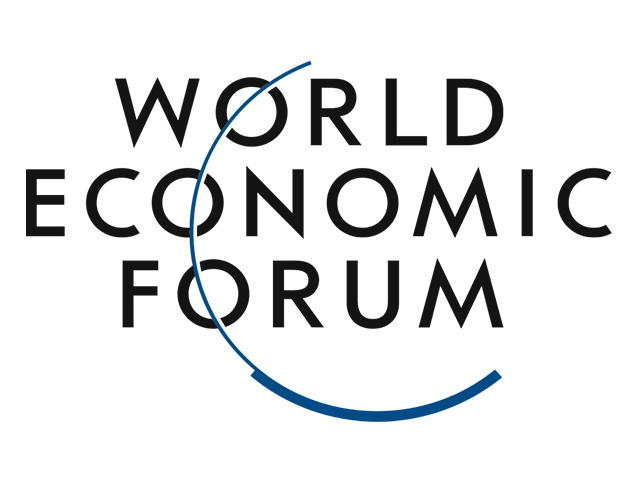
Opening Session: the Evolving Role of Boards in relation to Corporate Climate Action
23 March 2021
Date: 23 March 2021 Host: World Economic Forum Opening remarks: Al Gore, Former Vice President of USA, Cofounder and Chair of Generation Investment Management and Non-executive Director, Apple Panellists: Angeles Garcia-Poveda, Chair, LegrandClaudio Descalzi, Chief Executive Officer, Eni Leslie F. Seidman,… More →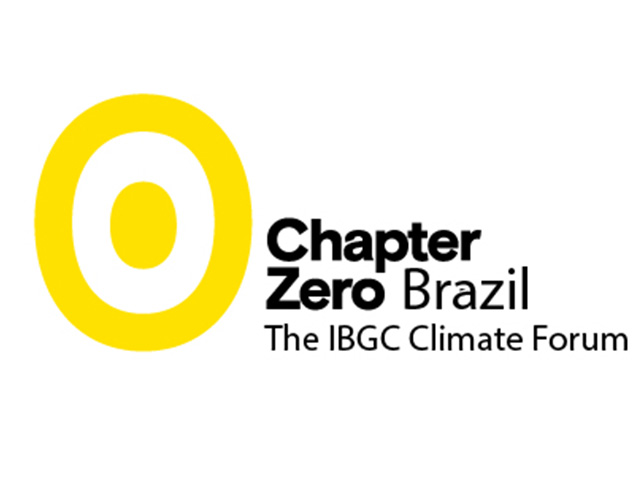
Brazil in the Global Context: initiatives to enhance business
23 March 2021
Date: 23 March 2021 Host: Chapter Zero Brazil Panellists: Professor Carlos Nobre – Earth System Scientist and ClimatologistRoberto Silva Waack – Visiting Fellow, Chatham HouseSandra Guerra – Independent Board Member, ValeHelle Bank Jorgensen – CEO, Competent Boards Moderator Marina Grossi… More →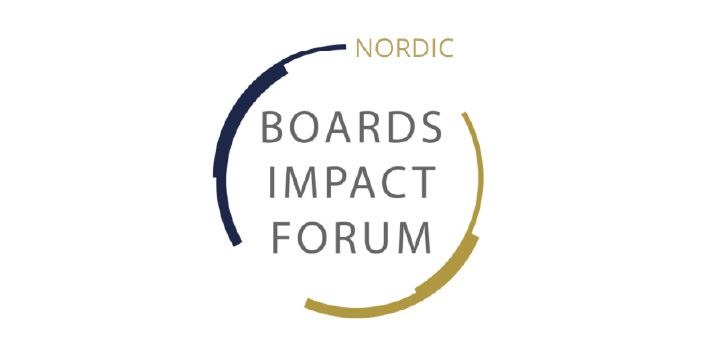
Nordic Board Leadership – Sustainability, Innovation and Nordic Corporate Governance
22 March 2021
Date: 22 March 2021 Host: Boards Impact Forum Panellists: Adele Pran Norman – Chair Zalaris, NED Yara, ABG Sundal Anna Mossberg – Non-Executive Director, Schibsted, Swedbank, Orcla, SwisscomHarri-Pekka Kaukkonen – Chair, YIT Lindstroml; Non-Executive Director, TietoEvrySvante Forsberg – Chair, Swe Academy BoD; Non-Executive Director, Lannebo… More →
Subject Command
The board should be properly informed about climate-related risks and opportunities and able to make relevant decisions.

Accelerating Corporate Climate Action: the Goal 13 impact platform initiative
25 March 2021
Date: 25 March 2021 Host: Climate Governance Malaysia Panellists: Gilberto Tomazoni: Global CEO at JBS S.A.Page Motes: Global Head of Sustainability at Dell TechnologiesDavid Croft: Global Director Sustainability, Environment & Human Rights at ReckittJuan Jose Freijo: Vice President, Global Head… More →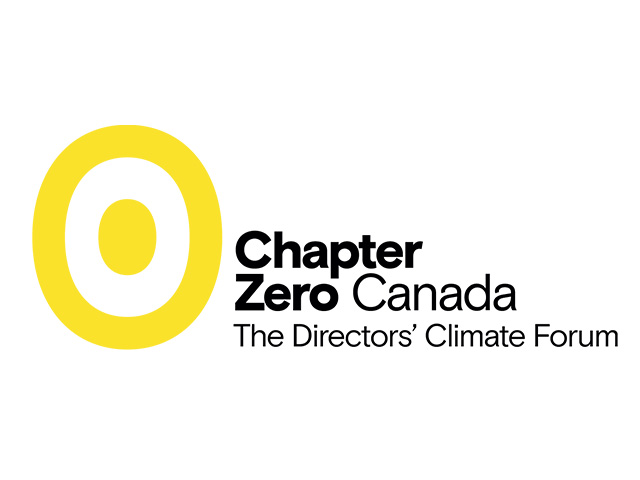
Shaping a Sustainable Competitive and Prosperous Future
25 March 2021
Date: 25 March 2021 Host: Chapter Zero Canada Panellists: Roberto Bocca – Head of Shaping the Future of Energy, Materials and Infrastructure; Member of the Executive Committee, World Economic ForumMiranda Hubbs – Director, Nutrien Ltd., PSP Investments, Imperial Oil Ltd.… More →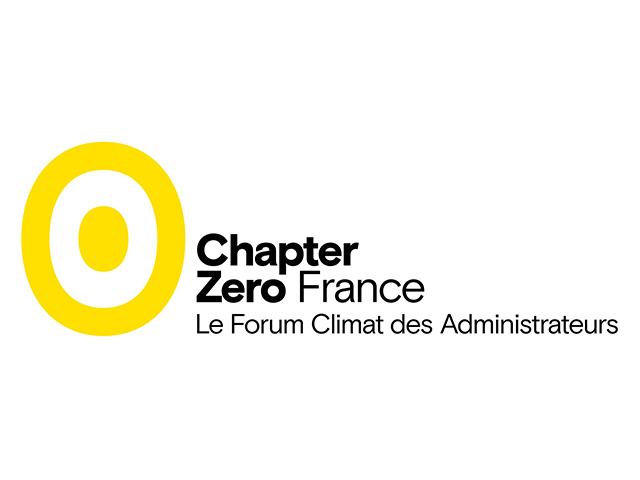
From Carbon Budgets to Business Decarbonisation Strategy
25 March 2021
Date: 25 March 2021 Host: Chapter Zero France Panellists: Charlotte Gardes – Deputy Head of the Sustainable Finance, Corporate Law, Accounting Standards and Corporate Governance Unit, French Ministry of Economy and FinanceRomain Poivet – Climate Project Manager, ADEME (French Agency… More →
Building Effective Climate Governance for the Islamic Finance Industry
24 March 2021
Date: 24 March 2021 Host: Climate Governance Malaysia Keynote speaker: H.E. Dr Bandar Hajjar – President, Islamic Development Bank Panellists: Arup Chatterjee – Principal Financial Sector Specialist, Sustainable Development and Climate Change Department, Asian Development BankAssoc. Prof. Dr. Aznan Hasan – Deputy Chairman,… More →
Board Structure
The board should implement the right board and committee structures to ensure that climate risks and opportunities are understood, managed and reported.

Building Effective Climate Governance for the Islamic Finance Industry
24 March 2021
Date: 24 March 2021 Host: Climate Governance Malaysia Keynote speaker: H.E. Dr Bandar Hajjar – President, Islamic Development Bank Panellists: Arup Chatterjee – Principal Financial Sector Specialist, Sustainable Development and Climate Change Department, Asian Development BankAssoc. Prof. Dr. Aznan Hasan – Deputy Chairman,… More →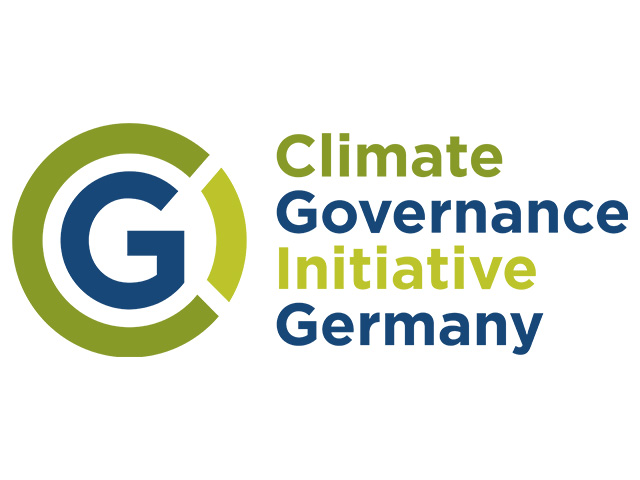
The Dual Board System and Sustainable Corporate Governance
23 March 2021
Date: 23 March 2021 Host: CGI Germany Panellists: Dr. Simone Bagel-Trah – Chair of the Supervisory Board and of the Shareholders’ Committee, Henkel AG & Co. KGaAJoe Kaeser – Chair of the Supervisory Board, Siemens Energy AGReiner Hoffmann – President of the German… More →
Chair Roles and Practices as Drivers of Sustainability and Value Creation
22 March 2021
Date: 22 March 2021 Host: Boards Impact Forum Panellists: Professor Stanislav Shekshnia, INSEAD, Senior Partner, Ward HowellAsthildur Otharsdottir, Chair Marel, Frumtak Ventures, Board Member University of IcelandJan Wareby, Chair RISE, NED at EKN, Tobii, Gapwaves, Imsys Technologies, Defentry, Scandinaviant Stor… More →
Materiality Assessment
The board should ensure that management fully identifies climate-related risks in the short, medium and long-term, assess their materiality, and takes appropriate action according to the materiality of the risks.

The Neutralisation Challenge
25 March 2021
Date: 25 March 2021 Host: Chapter Zero Brazil Panellists: João Redondo – Chapter Zero Brazil CoordinatorIeda Gomes Yell – Independent Board Member, listed and private companies (Brazil, UK, USA and France)Renato Franklin – CEO of MovidaProfessor Roberto Schaeffer – Professor of Energy Economics at… More →
Understanding Developing Opportunities across Carbon Markets
25 March 2021
Date: 25 March 2021 Host: Climate Governance Malaysia, in collaboration with INSEAD Panellists: Bill Winters, Group CEO Standard Chartered Bank and Chair of the Taskforce Scaling up Voluntary Carbon Markets (TSVCM)David Antonioli, CEO Verra. Verra’s VCS is the world’s largest… More →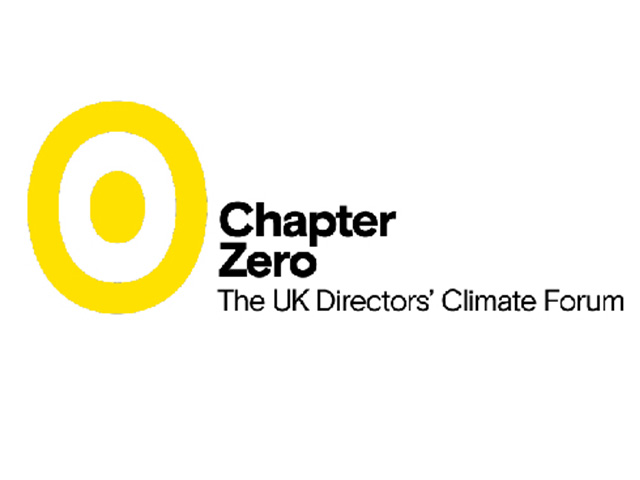
Boardroom Decisions: join a fictional board and grapple with physical climate impacts
25 March 2021
Date: 25 March 2021 Host: Chapter Zero Panellists: Julie Baddeley, Chair, Chapter ZeroNigel Brook, Partner, Head of Climate Risk Practice, Clyde & CoRowan Douglas, Head of Climate Resilience Hub, Willis Towers WatsonMat Gorman, Carbon Strategy Director, Heathrow Moderator: Jo Paisley,… More →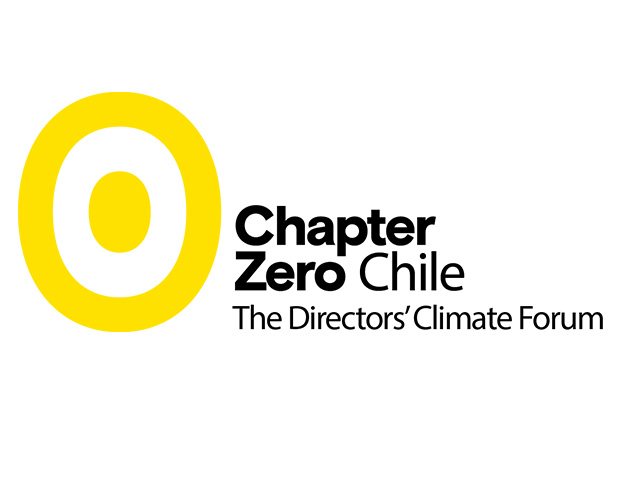
Climate Governance in Chile: Challenges and Opportunities by Industry
25 March 2021
Date: 25 March 2021 Host: Chapter Zero Chile Panellists: Macarena Navarrete, Country Managing Partner EY ChileRené Muga, VP Asuntos Corporativos Anglo AmericanPaolo Pallotti, CEO Enel ChileFrancisco Ruiz Tagle, CEO CMPCClaudio Muñoz, Chairman Aguas Andinas and Director, Chapter Zero Chile Moderator: Fadua Gajardo, Directora Ejecutiva del… More →
Strategic Integration
The board should ensure that management factors material climate-related risks and opportunities into the company’s strategy, risk management process and investment decisions.
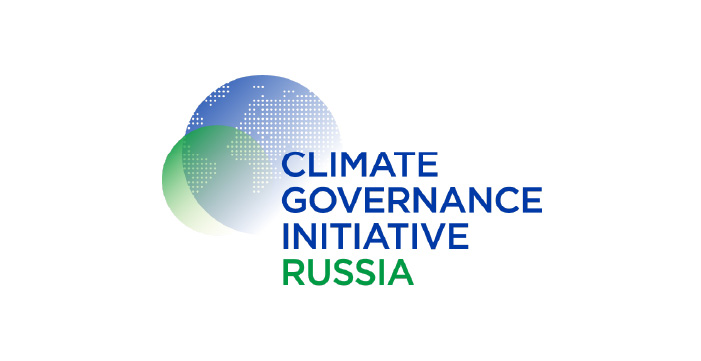
Achieving Net Zero: Global Oil and Gas
25 March 2021
Date: 25 March 2021 Host: CGI Russia, in collaboration with Skolkovo, Moscow School of Management Panellists: Leonard Fedon, Executive Member of Board of Directors, LUKOIL, RussiaVicky Hollub, President and CEO, Occidental, USPatrick Pouyanne, Chairman and CEO, Total, FranceTengku Tafiq, Group… More →
From Carbon Budgets to Business Decarbonisation Strategy
25 March 2021
Date: 25 March 2021 Host: Chapter Zero France Panellists: Charlotte Gardes – Deputy Head of the Sustainable Finance, Corporate Law, Accounting Standards and Corporate Governance Unit, French Ministry of Economy and FinanceRomain Poivet – Climate Project Manager, ADEME (French Agency… More →
Achieving Net Zero: Global Metals & Mining
24 March 2021
Date: 24 March 2021 Host: Climate Governance Initiative Russia Panellists: Edward Dowling – Board Chair, Polyus GoldTony Hayward – Board Chair, GlencoreEduardo Bartolomeo – CEO, ValeTom Palmer – President and CEO, Newmont Corporation Moderator: Gillian Davidson – Former Head of Metals and Mining Industry, World… More →
From Theory to Practice: How to Accelerate Corporate Climate Action in Chile
23 March 2021
Date: 23 March 2021 Host: Chapter Zero Chile Panellists: Carolina Schmidt Z. – Minister of the Environment of ChileClaudio Muñoz – Chairman, Aguas Andinas; and President of the Board, Chapter Zero ChileMacarena Navarrete – Country Managing Partner, EY ChileJuan Andrés Camus… More →
Incentivization
The board should align executives’ incentives with the long-term success of the business. This may include climate-related targets in executive incentive schemes.

Executive Compensation and Climate Targets
25 March 2021
Date: 25 March 2021 Host: Climate Governance Malaysia Panellists: Mirza Baig, Global Head of ESG Corporate Research and Stewardship, Aviva Investors Diva Moriani, Director and Chair of the remuneration committees of Generali and Moncler Teoh Su Yin, Senior Independent Director, CIMB Group… More →
Reporting and Disclosure
The board should ensure that the company discloses its material climate-related risks, opportunities and strategic decisions to all stakeholders – especially investors and regulators. These disclosures should be included in financial reporting.

Climate Change Disclosure: The Role of the TCFD in Driving Effective Board Behaviour
25 March 2021
Date: 25 March 2021 Host: Chapter Zero France Panellists: Julie Ansidei – Head of Strategy and Sustainable Finance, AMFMichele Lacroix – Head of Investment Risk & Sustainability, SCORMeryam Omi – Head of Sustainability and Responsible Investment Strategy, Legal & General… More →
Exchange
The board should stay informed on current best practice in climate governance by maintaining dialogue with peers, policy-makers, investors and others.

Closing Session: Net Zero: Collaboration is essential to Future-Proof Business
25 March 2021
Date: 25 March 2021 Host: World Economic Forum Panellists: Claudia Sender Ramirez – Board Member, Telefonica and LafargeHolcim Emma Marcegaglia – Chair, B20 Mark Tucker – Chair, HSBC Holdings plc. Nigel Topping – High Level Climate Champion for COP26 Punit Renjen – Global CEO, Deloitte Moderator: Emily Farnworth, Deputy… More →
The Role of Capital Markets in driving the transition towards a carbon zero economy
23 March 2021
Date: 23 March 2021 Host: Chapter Zero France Panellists: Jean Lemierre – Chairman, BNP ParibasLorenzo Bini Smaghi – Chairman, Société Générale Kate Hampton – CEO, The Children’s Investment Fund FoundationJürgen Rigterink – First Vice President and Head of Client Services Group,… More →